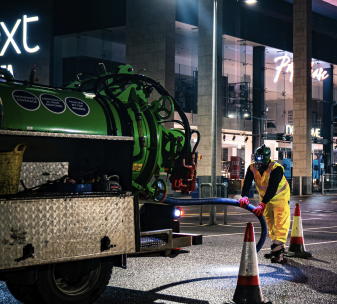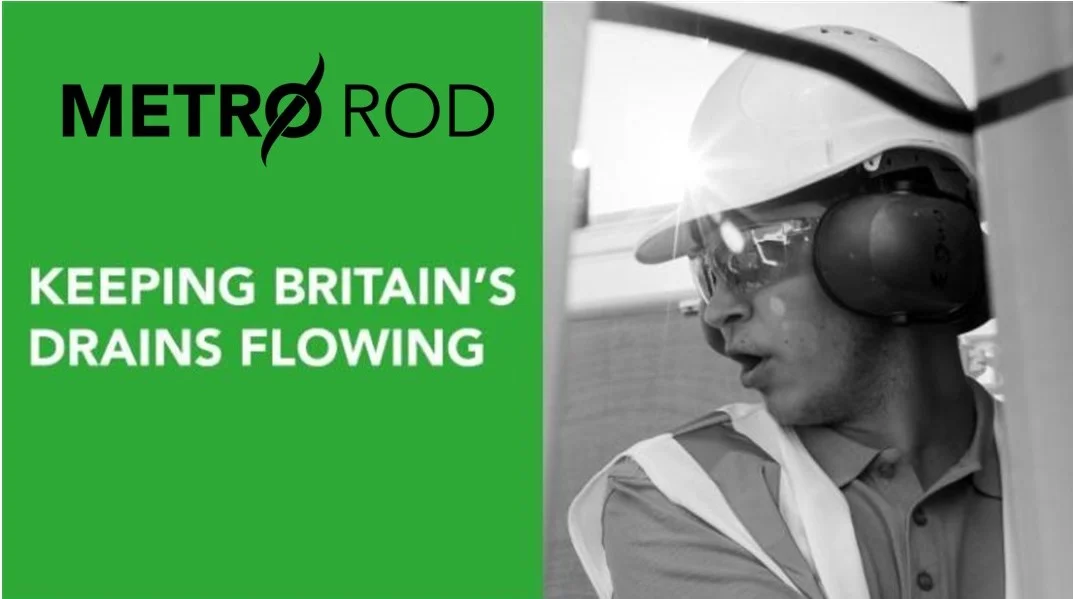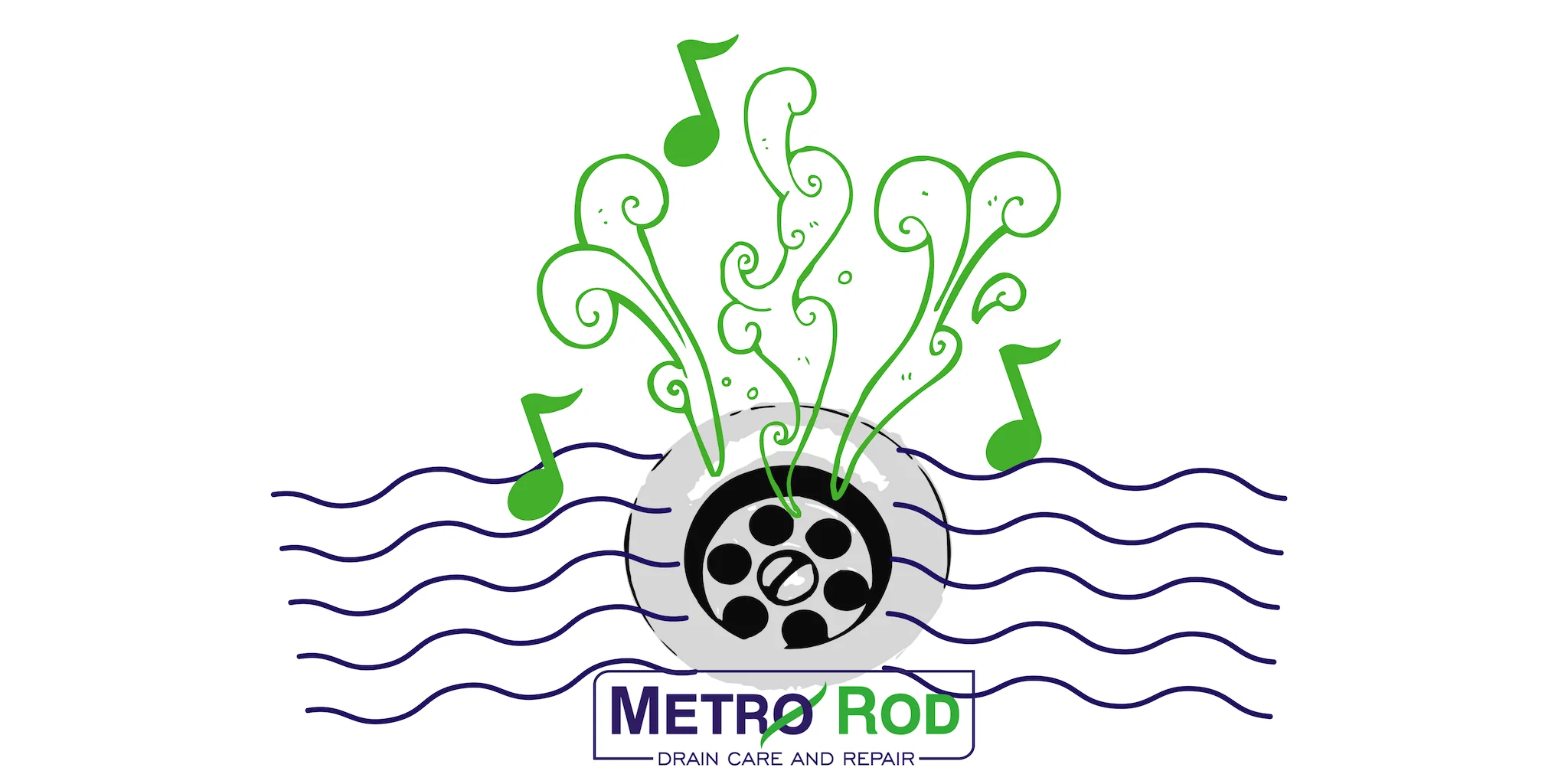The problem with plastic & hidden plastic!
Plastic causes a wide range of environmental issues, especially when it is not disposed of correctly.
Unlike other materials, such as paper, plastic is not biodegradable. That means it will not naturally be broken down by microorganisms.
If you buried a paper bag and a plastic bag in soil, the paper one would decompose within a few months - but the plastic one would remain intact for up to 1,000 years, causing damage to our environment.
Plastic is a man-made material that consists of many toxins, which have the potential to cause air, water and land pollution - creating problems for plants, wildlife, and humans.
The toxic chemicals that plastic releases can even make their way into the human bloodstream and have been linked to lots of medical conditions, such as cancer and birth defects.
What’s more, animals sometimes get tangled in plastic and they mistake it for food, leading them to eat it or feed it to their offspring - risking their lives.
It’s important that non-biodegradable materials are disposed of correctly, which many of us do by recycling. At school and at home, you will use different coloured bins to dispose of different items such as plastic packaging, glass, food waste, and paper.
Recycling helps us reduce the amount of plastic that goes to landfill and into the sea. It also enables us to re-use the recycled materials, which also reduces the amount of energy that would be used to create new materials.
But we need to do more - every year, 8 million tonnes of plastic is dumped into the ocean!
Common plastic items that most people are familiar with include:
- Plastic bottles
- Plastic bottle caps
- Drinks straws & stirrers
- Plastic bags
However, unfortunately there is also hidden plastic in lots of everyday items, which are not being disposed of correctly because people are not even aware that they contain plastic.
What is hidden plastic?
There are hidden plastics in lots of everyday products & because they’re hidden and people don’t know they’re there, they are often disposed of incorrectly. In fact, lots of items that contain hidden plastics get flushed down the toilet, making their way into our drains, sewers & our rivers and seas. So don’t treat your toilet like a trashcan!
- Tea Bags - Most popular brands use a material called polypropylene, a sealing plastic, to help prevent tea bags from falling apart when they are used. So, even when they are put in the food waste bin or compost heap, not all of the tea bag will fully decompose.
- Paper Drinks Cups - Although they are predominantly made of paper, disposable hot drinks cups handed out at your favourite cafes and coffee shops contain a plastic lining that helps to keep your drink warm. This prevents the cups from being able to be fully recycled.
- Chewing Gum - Chewing on plastic doesn’t sound very nice, does it? But lots of popular chewing gums contain tiny plastic particles. The ‘gum base’ written on the packet often contains polyethylene, which is used to make plastic bottles and plastic bags, or polyisobutylene, which is a rubber used to make tyre inner tubes.
- Condoms - Most condoms are made from latex, which is a type of rubber that contains similar elements to plastic, but some of them are still labelled as being flushable when they are not. Even latex-free condoms contain a different plastic, most commonly polyurethane.
- Face Scrubs & Toothpaste - Lots of popular face scrubs used to include plastic ‘microbeads’, which did not decompose when they were washed down drains, but a law came into place on 19th June 2018 that banned companies from selling any products containing microbeads - a welcome change in legislation.
- Cotton Buds - Although the tips of cotton buds are biodegradable, they are often attached (with plastic-based glue) to non biodegradable plastic sticks. 1.8 billion plastic-stemmed cotton buds are used every year, and it is estimated that around 10% of these - 180 million - are flushed down toilets.This pollutes our rivers, seas & sea life. Sea horses have been pictured mistaking them for food. As a result, the government has confirmed a ban on plastic-stemmed cotton buds in England from April 2020.
- Wet Wipes - Plastic is woven into wet wipes to make them more durable - but this also makes them non biodegradable. There are lots of different wet wipes available, such as cleaning, antibacterial and baby wipes, and many of them are incorrectly labelled as flushable.
- Period Care Products - Hidden plastic is also woven into lots of the most popular tampon and sanitary towel brands, to make them more durable. Because of the plastic inside these products, they will not fully decompose when they are put in the bin.
- Nappies - Similarly to sanitary towels and tampons, nappies contain hidden plastics to make them more absorbent and durable. Because of this, they are not biodegradable and can actually take 500 years just to start to break down.
Like us on Facebook | Tweet us on Twitter | Connect with us on Linked In | Follow us on Instagram
Visit our website at: www.metrorod.co.uk/cumbria
Call us on: 01228 648050 | Email us directly on: [email protected]
If you have had work carried out by us, please leave us a review: Google My Business | Facebook

Talk to your local Metro Rod specialist
We are always happy to arrange a free site assessment and no obligation quotations for any work you might need. Alternatively, you can call our emergency hotline number on 0800 66 88 00
Get in touch Drainage Services

